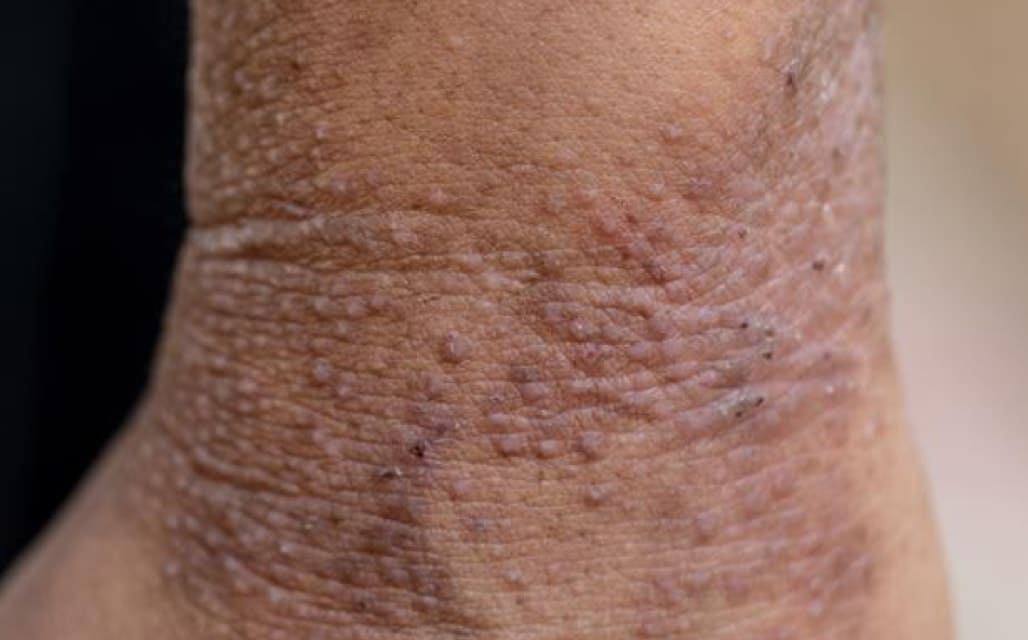

At Pfizer, we are committed to helping accelerate health equity in dermatology and all our therapeutic areas.
There’s been much progress made in addressing the inequities patients of color face in health care, including dermatology. But here at Pfizer, we recognize that there is still room for improvement, including by us, and we are committed to continuing our work in supporting this ongoing progress.











